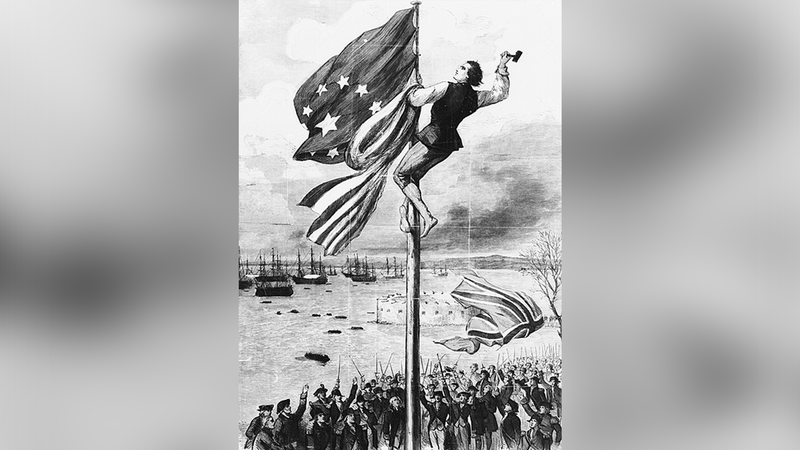A Legacy Carved in Tariffs
Tariffs aren't new to America's playbook. In fact, the republic's first major law—the Tariff Act of 1789—hit the books on July 4, aiming to fill the federal coffers with revenue to tackle war debt. Treasury chief Alexander Hamilton envisioned bolder duties, but the final law struck a careful balance: modest rates that appeased both the North's fledgling factories and the South's farms.
From Founding Foes to 21st-Century Feud
Jump to today, and President Donald Trump's so-called Liberation Day Tariffs have reignited debates on protectionism. After pausing new duties for 90 days, the deadline on July 9 looms large. Will these tariffs level the international playing field, bankroll government priorities, or become a bargaining chip in high-stakes trade talks? Or will they, once again, spark heated disputes?
Lessons for Young Global Citizens
Most of our political evils may be traced to our commercial ones.
That warning, voiced by James Madison, resonates across boardrooms in Berlin, startup hubs in Bangalore, and corner cafes in São Paulo. For business and tech fans, it's a case study in leverage. For thought leaders and changemakers, it's a reminder that policy choices far beyond Washington ripple around the world.
The Road Ahead
As digital nomads chase sustainable futures and sports fans debate every play, one question unites them all: will America double down on protectionism or pivot toward open markets? With history as a guide, the answer could reshape not just the U.S. economy, but global trends in trade, innovation, and policy for decades to come.
Reference(s):
Protectionism was America's past. Will it also be its future?
cgtn.com



